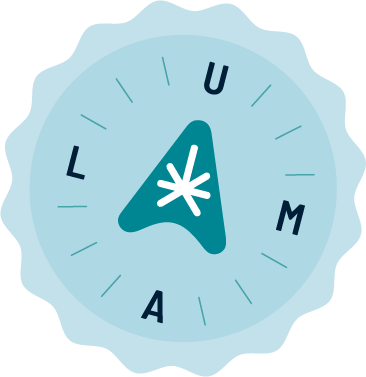

Social Security Disability Insurance (SSDI) provides monthly income to individuals who are unable to work due to a qualifying disability. Suppose you’ve worked and paid into Social Security over the years but are now unable to earn a living due to illness or injury. In that case, SSDI may be able to help.
SSDI is a federal program that provides financial support to individuals with a medical condition that prevents them from working and is expected to last at least one year or result in death. Benefits are based on your past work history and the amount you’ve paid into Social Security.
LumaLink provides instant, personalized guidance to help you explore SSDI eligibility and navigate the application process.
Chat with Luma now via voice call or text chat for tailored disability income guidance, application support, and trusted resource referrals.
Discover Effortless Conversations

Luma is a voice- based assistant, not a live person. Call or message her and say what you need, just like talking to a friend.
Behind the scenes, our team of professionals has already vetted every provider for trust, licensing, and quality.
Luma will provide recommendations based on your needs, offering clear next steps and local contacts so you can take action right away.

Whether you're on the go or need a second to breathe, reach out your way. We're here 24/7.